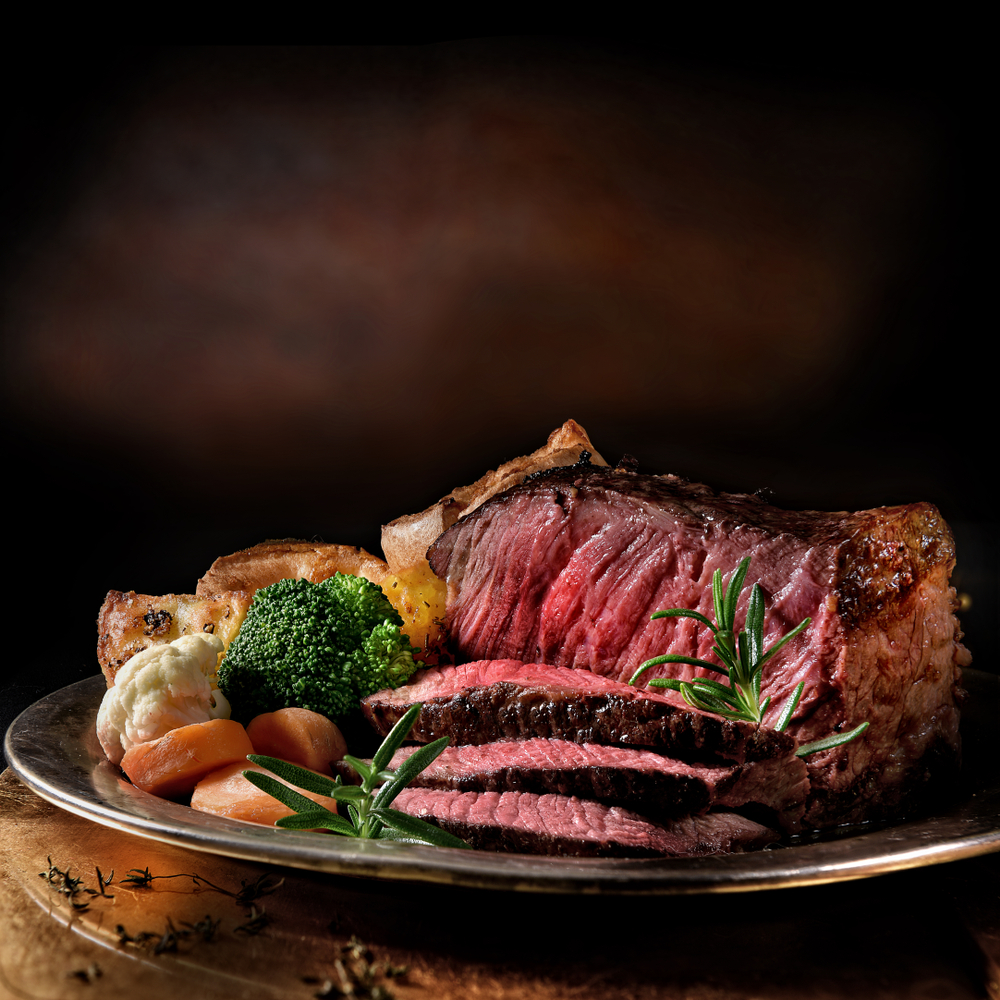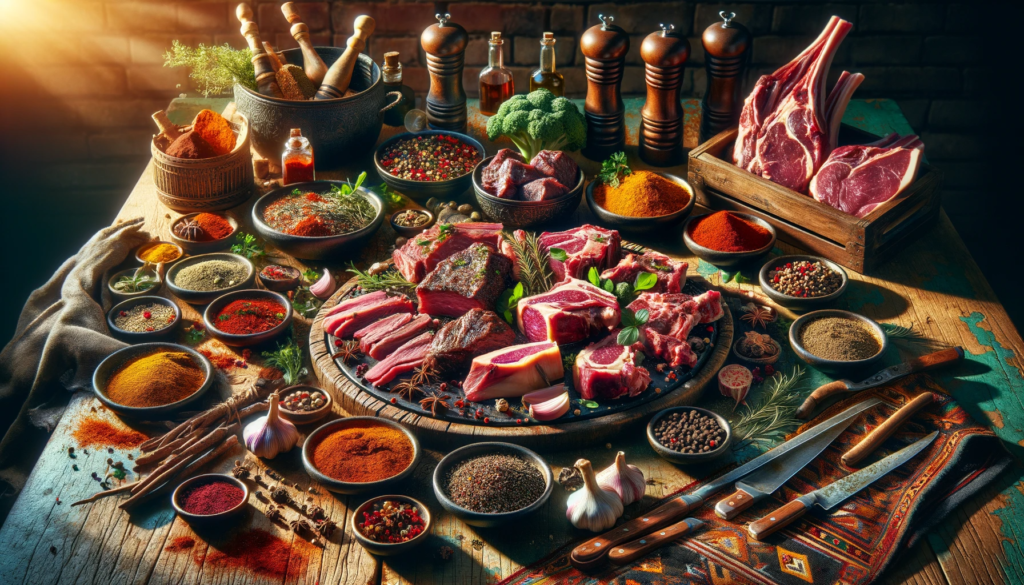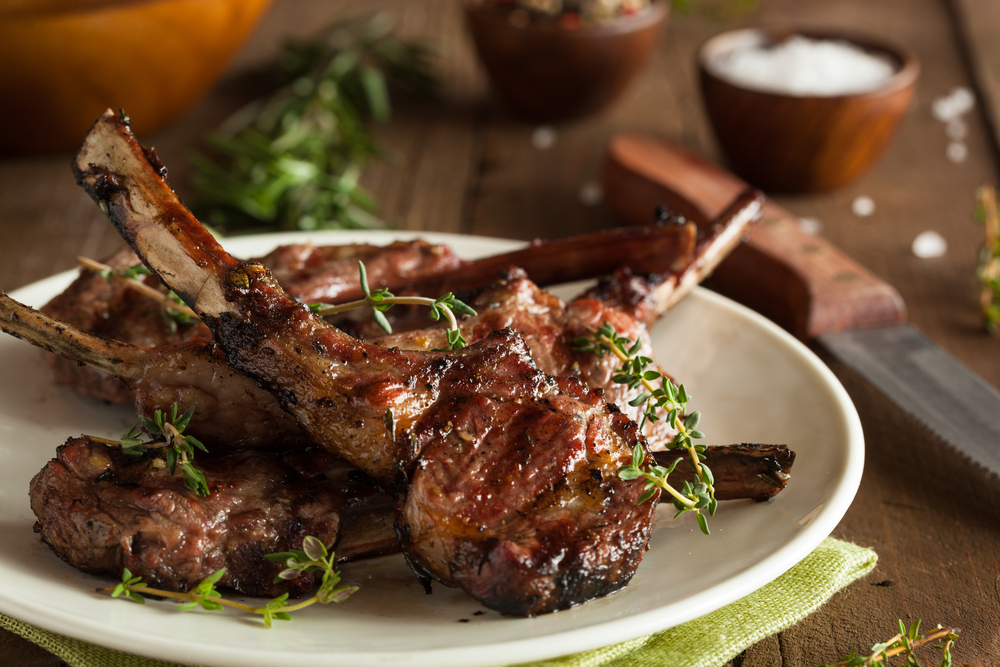Introduction to African Spices for Meat Dishes
Welcome to the vibrant world of African spices – an essential element for any meat lover seeking to delve into the depths of rich culinary tradition. African cuisine is renowned for its bold flavors and unique spice blends, transforming simple meat dishes into extraordinary feasts. From the smoky markets of Marrakech to the bustling streets of Lagos, each spice offers a window into the soul of this diverse continent. In this guide, we will embark on a flavorful journey, exploring the spices that create the distinctive tastes of African meat dishes and how to incorporate them into your cooking.
The Rich Tradition of Spicing Meat in African Cuisine
The tradition of spicing meat in African cuisine is as old as the cultures and societies that span the continent. It’s a culinary art that has been refined through generations, where spices are more than mere flavor add-ons; they hold historical and cultural significance. Spices are used for various purposes, such as preservation, medicinal benefits, and infusing meats with flavors that range from subtle to intense. The practice is rooted in the varied climates of Africa, which favor the growth of many aromatic and flavorful herbs, seeds, and chilies that are fundamental to local food preparation techniques.
Key African Spices and Blends for Meat
Berbere for Hearty Stews and Grills
Berbere is a fiery spice mixture from Ethiopia and Eritrea, integral to dishes like Doro Wat (spicy chicken stew) and many grilled meat preparations. This blend often includes chili peppers, garlic, fenugreek, and aromatic spices such as cinnamon, coriander, and allspice. When used in stews, it imparts a deep reddish hue and a complex heat that builds slowly on the palate. It’s also perfect for creating a flavorful crust on grilled meats, leaving a memorable and warming aftertaste.
Harissa for Spicy Marinades and Rubs
The Tunisian-born Harissa paste, made from smoked chili peppers, garlic, caraway, coriander, and cumin, offers a spicy kick to marinades and rubs. Harissa pairs exceptionally well with lamb and beef, though its versatility extends to poultry and seafood. Its rich, smoky, and somewhat tangy flavor is used to marinate meats before grilling or roasting, providing a piquant depth that tantalizes the taste buds and invigorates the senses.
Ras el Hanout for Aromatic Roasts
Translating to “head of the shop,” Ras el Hanout is a prized Moroccan spice blend that traditionally includes the best spices a vendor has to offer. Ingredients may vary, but it frequently combines cardamom, cumin, clove, cinnamon, nutmeg, mace, allspice, dry ginger, chili peppers, coriander seed, peppercorn, sweet and hot paprika, fenugreek, and dry turmeric. This melody of spices offers a warm, aromatic sensation perfect for slow-cooked roasts, bringing a luxurious and exotic touch to any meat-centered meal.

Suya Spice for Grilled and Barbecued Meats
Originating in West Africa, Suya spice is the foundation of the popular street food snack known as Suya, typically made with skewered beef. This blend usually comprises ground peanuts, ginger, paprika, onion powder, and cayenne pepper, among other spices. The nutty and slightly sweet profile of Suya spice is ideal for barbecuing, creating a caramelized yet spicy coating that’s completely addictive.
Piri Piri for Fiery Poultry and Seafood
Piri Piri, also known as African Bird’s Eye chili, brings a scorching heat and is a staple across various cuisines on the continent, especially in dishes originating from Mozambique and Angola due to Portuguese influence. Piri Piri sauce, with a base of the chili, lemon, oil, and various spices, brings a citrusy vibrancy to chicken or shrimp, with its heat level easily adjusted by adding more or less chili. Its versatility makes it perfect for both marinades and serving as a spicy condiment.
Tips for Marinating and Seasoning Meats with African Spices
Techniques for Deep Flavor Infusion
Marinating meats with African spices requires technique and patience to achieve the deep flavor infusion that makes these dishes stand out. For best results, meat should be marinated for several hours, if not overnight, to allow the spices and herbs to permeate the meat’s fibers thoroughly. Acidic ingredients like lemon juice or yogurt can be added to help tenderize the meat and carry flavors deeper. It’s important to ensure all pieces of meat are evenly coated and stored in a cool place during the marinating process to maintain safety and enhance the absorption of flavors.
Balancing Spice Mixtures for Optimal Taste
Creating a harmonious balance with spice mixtures is crucial to avoid overpowering the meat’s natural flavors. It’s essential to consider the potency of the spices used and adjust proportions accordingly. For instance, with strong, hot flavors like Berbere or Piri Piri, a lighter hand may be necessary, while more subtle spices could be used more liberally. Additionally, pairing aromatic spices with complementary herbs can result in layers of flavor that elevate the dish as a whole. Testing and tasting during preparation will help fine-tune the balance for the perfect mix.

Recipe Ideas: Bringing African Flavors to Your Meat Dishes
Berbere-Spiced Beef Stew
Embrace the warmth of East African cuisine with a berbere-spiced beef stew. This delectable dish combines cubed beef with onions, garlic, tomatoes, and a generous portion of berbere spice blend. Slow-cooked to perfection, the beef becomes tender and the stew thickens, enriched with the spicy and fragrant notes from the berbere. Served over traditional injera or steamed rice, this dish is a hearty and comforting meal that promises to transport your taste buds straight to the heart of Ethiopia.
Harissa Lamb Chops
Transform your grilled lamb chops into a North African delicacy by marinating them in a harissa-based mixture. Combine harissa paste with a drizzle of olive oil, minced garlic, and a touch of fresh mint for added freshness. Coat the lamb chops and let them marinate for a few hours to imbibe the flavors. Grill them to your desired doneness, and you’ll be rewarded with lamb chops that are succulent, slightly charred, and bursting with flavors that reflect the essence of Tunisian cuisine.

Chicken Tagine with Ras el Hanout
A flawless chicken tagine should boast a profound layering of flavors, achieved by using the Moroccan Ras el Hanout spice blend. This popular dish involves browning chicken pieces and slow cooking them with onions, garlic, apricots, and a generous dusting of Ras el Hanout. The resulting meal, often finished with toasted almonds and fresh cilantro, is a fragrant, sweet, and savory celebration, traditionally scooped up with freshly baked Moroccan bread.
Suya-Spiced Pork Ribs
Give your barbecue an unexpected twist with succulent Suya-spiced pork ribs. This West African favorite is simple to prepare: a dry rub of ground peanuts, paprika, ginger, onion powder, and cayenne is massaged onto the ribs before they’re left to marinate. Barbecue or oven-roast until the ribs are beautifully caramelized and the meat is tender and pulling away from the bone. With every bite, the complex flavor of the Suya spice provides a crunchy, smoky, and nutty contrast to the juicy pork.
Piri Piri Grilled Shrimp
Piri Piri grilled shrimp is a taste sensation that brings the fiery flavor of Southern Africa to your plate. Marinate the shrimp in a homemade Piri Piri sauce, crafted with African Bird’s Eye chilies, garlic, paprika, oregano, and lemon juice, then threaded onto skewers and grilled until pink and slightly charred. Serve with fresh wedges of lemon and a handful of chopped cilantro for an indulgent flavor profile that’s sure to wow guests at your next barbecue.
Pairing African Spice-Infused Meats with Side Dishes
Complementary Sides for a Balanced Meal
When serving meat spiced with African seasonings, it’s important to choose side dishes that complement the main attraction without competing with it. Aromatic rice variations, such as jollof rice, couscous, or even simple steamed basmati, works well to absorb the rich sauces and balance intense flavors. Light and fresh salads dressed with citrus vinaigrettes offer a refreshing contrast to the spices, while root vegetable purees or roasted vegetables seasoned with milder spice blends can harmonize with the meat’s robust flavors. The key is to choose sides that support the main dish, enhancing the dining experience as a whole.
Health Benefits of Using Natural Spices in Meat Preparations
Nutritional Advantages and Flavorful Healthy Eating
African spices do more than just add rich, palatable flavors to meat—they also offer numerous health benefits. Many African spices are lauded for their anti-inflammatory and antioxidant properties, contributing to overall health and wellness. Using spices can help reduce the need for salt and fat in cooking without sacrificing taste, aiding in more nutritious meal preparations. Moreover, certain spices are known to boost metabolism and aid digestion, making flavorful spicy dishes a delight to the palate and a boon for the body.
FAQs on Using African Spices for Meat
How Can African Spices Replace My Current Spice Staples?
African spices can easily find a home alongside your current favorites, and in many cases, can serve as bolder substitutes for more traditional seasonings. Experiment by swapping out or complementing familiar spices with African ones in your favorite dishes. You might find that berbere adds a more complex heat to dishes than plain chili powder, or that Ras el Hanout brings a more nuanced scent and flavor compared to a standard allspice mix. Remember, starting with small amounts and adjusting to your liking is key.
Are African Spices Very Hot?
Heat levels in African spices vary widely. While some spice blends like Piri Piri are known for their intense heat, others, such as Ras el Hanout, offer a more aromatic experience with subtle warmth. Always check the ingredients in a spice blend to judge the potential heat level. Chilies and peppers indicate spiciness, so use those sparingly if you have a lower heat tolerance. Many African spices easily cater to both the spice enthusiast and the heat-averse cook.
Where Can I Buy African Spices?
With the increasing global interest in African cuisine, sourcing spices has become easier than ever. Many large supermarkets carry a selection of international spices, including African varieties. Specialty grocery stores and international markets often offer a wider range, and online retailers can be excellent resources with the added convenience of delivery. When buying spices, look for reputable suppliers to ensure freshness and authenticity.
How Do African Spices Contribute to Weight Loss?
Certain African spices are known for their metabolism-boosting properties. Spices like cayenne (used in Piri Piri) and ginger (found in Suya spice) can increase the body’s ability to burn fat by raising metabolism. Additionally, the rich flavors of these spices can make meals more satisfying, potentially leading to less snacking and smaller portion sizes. However, no spice is a magic bullet for weight loss; they should be part of a balanced diet and healthy lifestyle.
Can Cooking with African Spices Improve My Health?
Cooking with African spices can provide health benefits beyond making meals delicious. Many spices have anti-inflammatory properties and are rich in antioxidants, which may help reduce the risk of chronic diseases. They can also help reduce salt intake by adding flavor without extra sodium. However, always consider your own health needs and dietary restrictions; and consult a healthcare professional if you have concerns about incorporating new spices into your diet.
Tips for Introducing African Spices into My Cooking?
It’s best to start slowly when cooking with African spices. Introduce one new spice at a time to familiarize yourself with its flavor. You can add it to dishes you already make, like soups or stews, to understand how it complements other ingredients. Research traditional recipes that use these spices for inspiration, and don’t be afraid to adjust the spice levels to your taste. Over time, you will develop a sense for how much of each spice to use and how to combine them to elevate your dishes.
